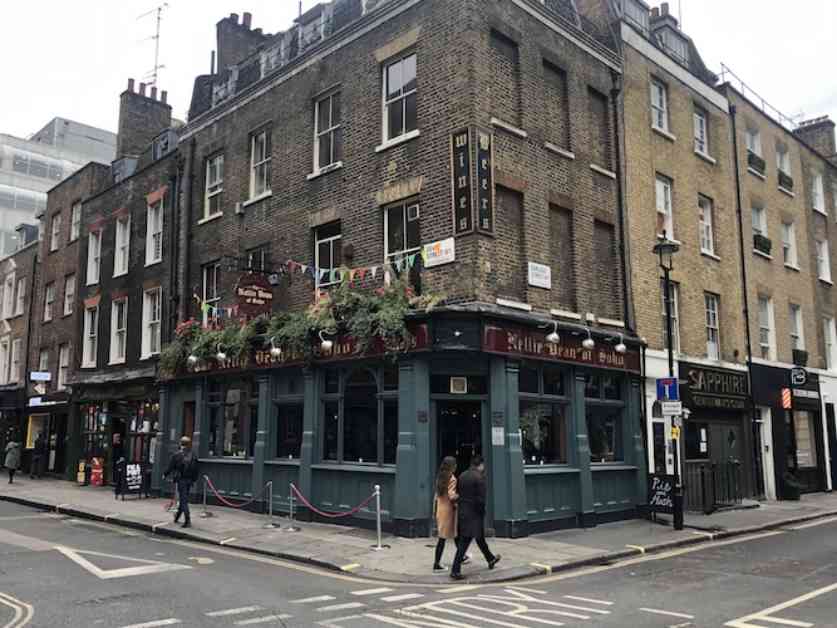Sadiq Khan Encouraged to Extend Influence Over Soho by Prominent Property Leader
The ongoing debate over the jurisdiction of Oxford Street has ignited concerns within Westminster Council regarding the extent of control that Mayor Sadiq Khan may exert over the surrounding areas with his proposed Mayoral Development Corporation. The managing director of Soho Estates, John James, has recently voiced his support for potentially expanding the Mayor’s authority beyond Oxford Street to include Soho itself.
In a letter addressed to various stakeholders, including the Mayor, James underscores the significance of Soho as a vibrant hub for hospitality establishments such as restaurants, clubs, and bars. He commends Mayor Khan for introducing a Mayoral Development Corporation in Westminster, hinting at the possibility of encompassing Soho within its scope. This suggestion has caught the attention of Westminster councillors, who are now contemplating the implications of such a move.
James emphasizes the importance of fostering economic growth and prosperity in the West End, citing the challenges faced by Soho as a reflection of the struggles experienced by high streets across the country. He critiques Westminster’s planning policies, particularly in relation to licensing, accusing the council of hindering development and failing to embrace the potential of the area as a 24-hour international city.
The letter also expresses frustration with Westminster’s After Dark initiative, which aims to enhance the evening and night-time economy in the area. James criticizes the council for adopting a conservative approach that he believes stifles the diverse character of Soho and inhibits its evolution into a more dynamic and inclusive district.
Amidst these discussions, speculation arose that Mayor Khan had sought to acquire licensing powers for the MDC, a claim promptly denied by City Hall. However, James argues that consolidating planning and licensing powers under the MDC could streamline decision-making processes and facilitate a more cohesive approach to development in the area.
Westminster Council’s resistance to pedestrianization and reluctance to relax planning regulations have sparked tensions with proponents of a more progressive vision for the West End. Some councillors fear that a shift towards a more liberal approach to development could lead to an influx of commercial properties, driving up real estate prices and displacing long-standing residents.
James advocates for a more flexible approach to licensing and planning, suggesting that allowing al fresco dining and restricting car access could revitalize the area and attract new businesses. He points to successful initiatives in other boroughs, such as Camden’s policy towards Charlotte Street, as models for revitalizing commercial districts while preserving their unique character.
As the debate over the future of Oxford Street and its surrounding areas continues, Mayor Khan draws inspiration from New York City’s Times Square as a potential model for revitalizing London’s iconic shopping thoroughfare. The Mayor’s vision for transforming Oxford Street into a vibrant and bustling destination mirrors the ongoing discussions surrounding the role of the MDC in shaping the future of the West End.
In conclusion, the dialogue between stakeholders, council members, and property owners underscores the complex challenges and opportunities facing the West End. As the debate evolves, finding a balance between preserving the area’s heritage and embracing innovation will be crucial in shaping a sustainable and prosperous future for one of London’s most iconic districts.












